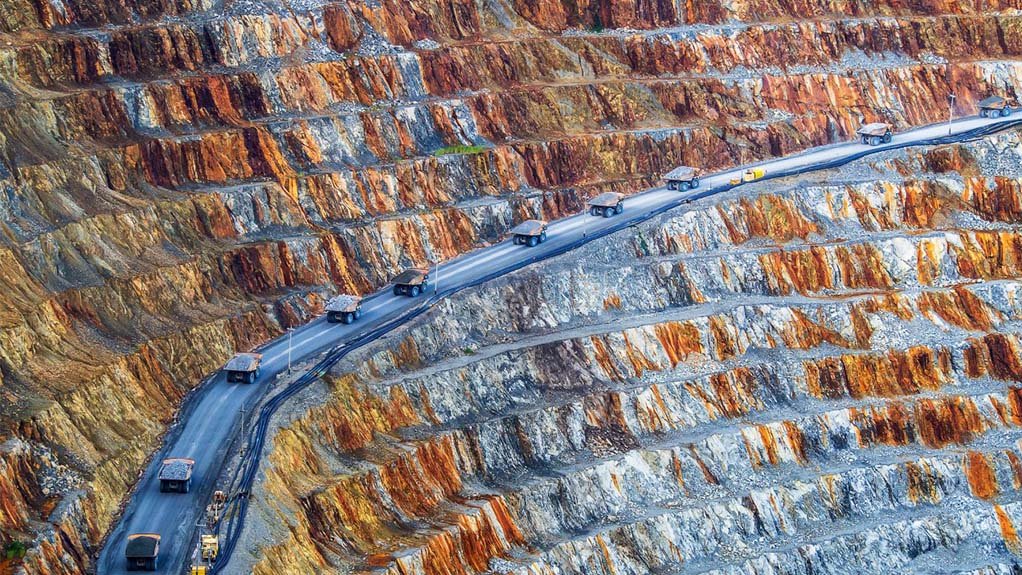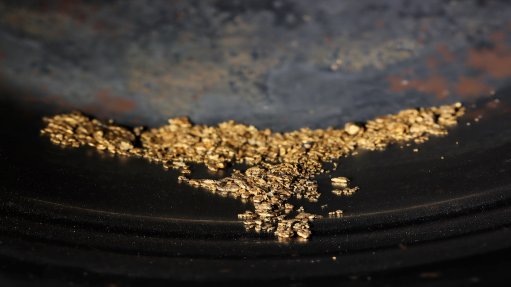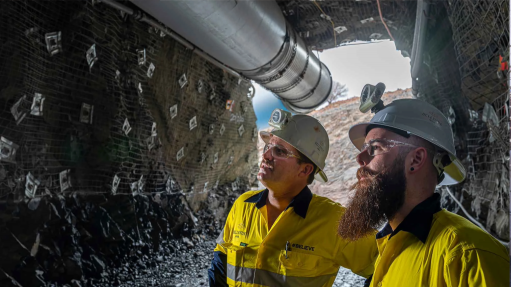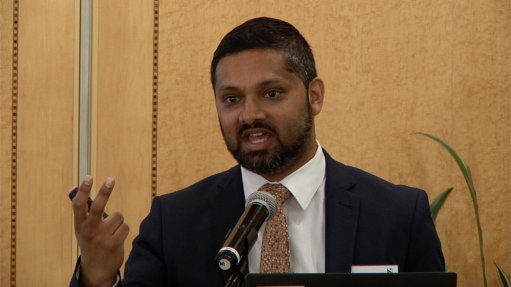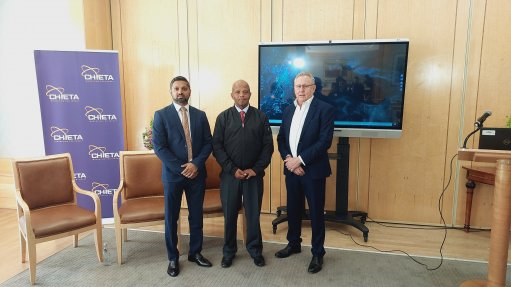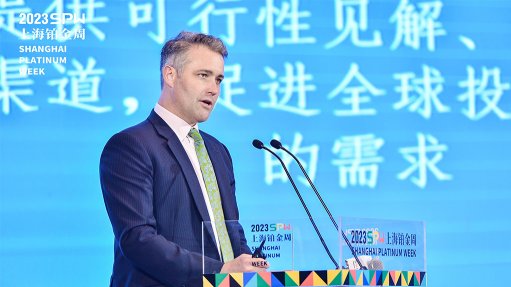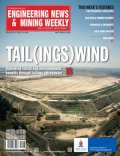Irena concerned about overconcentration of critical minerals supply chains
A new report published by the International Renewable Energy Agency (Irena) on the geopolitics of critical minerals points to a significant concentration in supply chains and calls for collaborative strategies to sustain the energy transition.
The ‘Geopolitics of the Energy Transition: Critical Materials’ report states that the energy transition requires a dramatic increase in the supply of critical minerals, despite their supply chains remaining vulnerable to a range of geopolitical risks.
While there is no scarcity of reserves for energy transition minerals, global capabilities for mining and refining them are limited, the report shows, warning that supply disruptions could impact the speed of the energy transition in the short to medium term.
The report examines the geopolitical risks and opportunities linked to a growing demand for such materials in the coming years and calls for a holistic approach to diversifying supply chains.
While the dependency and supply dynamics fundamentally differ from that of fossil fuels, the mining and processing of critical minerals is geographically concentrated, with only a few countries and major companies playing a dominant role.
External shocks, resource nationalism, export restrictions, mineral cartels, instability and market manipulation could, therefore, increase the risk of supply shortages, the report indicates.
The report also highlights the opportunity to redefine how extractive commodities are mined and build momentum for more inclusive, ethical and sustainable value chains.
Geographically widespread material reserves open opportunities to diversify mining and processing to developing countries, while supportive policies could enable developing countries to realise new business opportunities and improve resilience, all while keeping the global decarbonisation agenda on course, Irena states.
“The energy transition will become a main driver of demand for critical minerals. The risk of supply chain disruptions is less about energy security and more about the potential slowdown of the transition, which must be avoided.
“[We need] to urgently strengthen collaboration on critical materials to minimise the geopolitical risks of concentrated supply chains and accelerate the deployment of renewables to limit rising temperatures to 1.5 °C,” Irena director-general Francesco La Camera says.
He adds that the significant increase in critical minerals would give the international community an opportunity to diversify supply chains and make them more sustainable.
“No single country can alone fulfil its demand for materials, so collaborative strategies that benefit all involved need to be developed and implemented.
“Particularly mineral-rich developing countries gain if they can capture a greater share of the critical material value chain. By redefining the narrative of extraction, we can promote a more responsible approach to the benefit of people and communities in pursuit of inclusive and resilient economies,” La Camera comments.
Currently, the mining of critical minerals is highly concentrated in specific geographical locations. The countries where most critical minerals are mined include Australia, which is known for its lithium production; China, which is a major source of graphite and rare earths; Chile, a significant producer of copper and lithium; the Democratic Republic of Congo, which is rich in cobalt; Indonesia, where nickel extraction thrives; and South Africa, a prominent player in platinum and iridium mining.
Processing, on the other hand, exhibits even greater geographical concentration, with China alone accounting for more than 50% of the world's refined supply of natural graphite, dysprosium, cobalt, lithium and manganese.
Further, the mining industry is dominated by only a few major companies, leading to frequently oligopolistic markets. As a result, the industry is highly concentrated, with a few companies controlling a significant portion of global production and trade.
The top five mining companies control 61% of lithium output and 56% of cobalt output.
By contrast, critical material reserves are widely distributed. Developing countries currently contribute the least to critical minerals production, despite holding the highest share of reserves of these minerals.
For example, Bolivia has 21-million tonnes of lithium reserves, but produces less than 1% of the world’s supply. An estimated 54% of minerals are located on or near indigenous peoples’ land, underscoring the need for community engagement.
The report states that a renewables-based energy transition, if well-planned and executed, can rewrite the legacy of extractive industries.
As has been the case with extractive industries for centuries, activities and processes carry risks for local communities, such as labour and other human rights abuses, land degradation, water resource depletion and contamination and air pollution.
As such, Irena calls for stronger international cooperation to raise and enforce standards.
Moreover, longer-term corporate views are essential for sustainable development and ensuring a social licence to operate.
Comments
Press Office
Announcements
What's On
Subscribe to improve your user experience...
Option 1 (equivalent of R125 a month):
Receive a weekly copy of Creamer Media's Engineering News & Mining Weekly magazine
(print copy for those in South Africa and e-magazine for those outside of South Africa)
Receive daily email newsletters
Access to full search results
Access archive of magazine back copies
Access to Projects in Progress
Access to ONE Research Report of your choice in PDF format
Option 2 (equivalent of R375 a month):
All benefits from Option 1
PLUS
Access to Creamer Media's Research Channel Africa for ALL Research Reports, in PDF format, on various industrial and mining sectors
including Electricity; Water; Energy Transition; Hydrogen; Roads, Rail and Ports; Coal; Gold; Platinum; Battery Metals; etc.
Already a subscriber?
Forgotten your password?
Receive weekly copy of Creamer Media's Engineering News & Mining Weekly magazine (print copy for those in South Africa and e-magazine for those outside of South Africa)
➕
Recieve daily email newsletters
➕
Access to full search results
➕
Access archive of magazine back copies
➕
Access to Projects in Progress
➕
Access to ONE Research Report of your choice in PDF format
RESEARCH CHANNEL AFRICA
R4500 (equivalent of R375 a month)
SUBSCRIBEAll benefits from Option 1
➕
Access to Creamer Media's Research Channel Africa for ALL Research Reports on various industrial and mining sectors, in PDF format, including on:
Electricity
➕
Water
➕
Energy Transition
➕
Hydrogen
➕
Roads, Rail and Ports
➕
Coal
➕
Gold
➕
Platinum
➕
Battery Metals
➕
etc.
Receive all benefits from Option 1 or Option 2 delivered to numerous people at your company
➕
Multiple User names and Passwords for simultaneous log-ins
➕
Intranet integration access to all in your organisation



